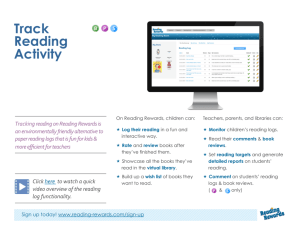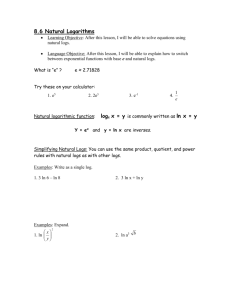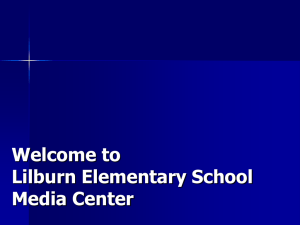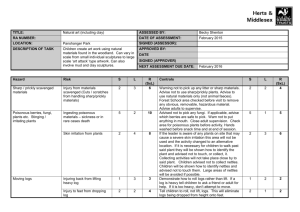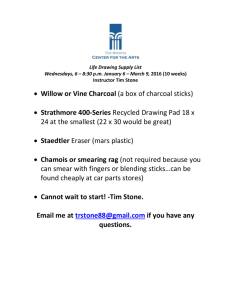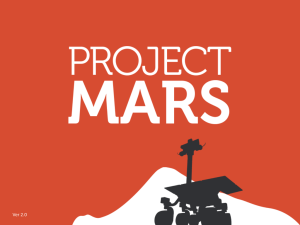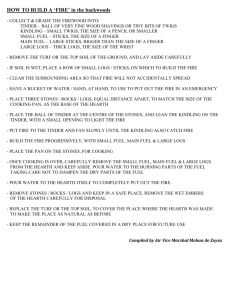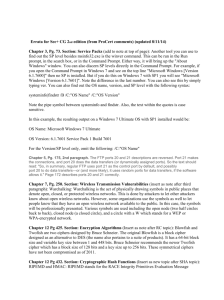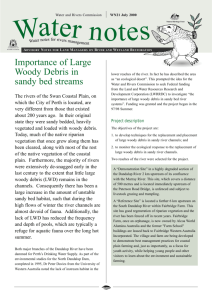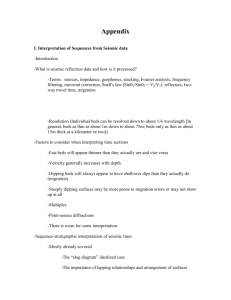Forest School and the Early Years Foundation Stage
advertisement
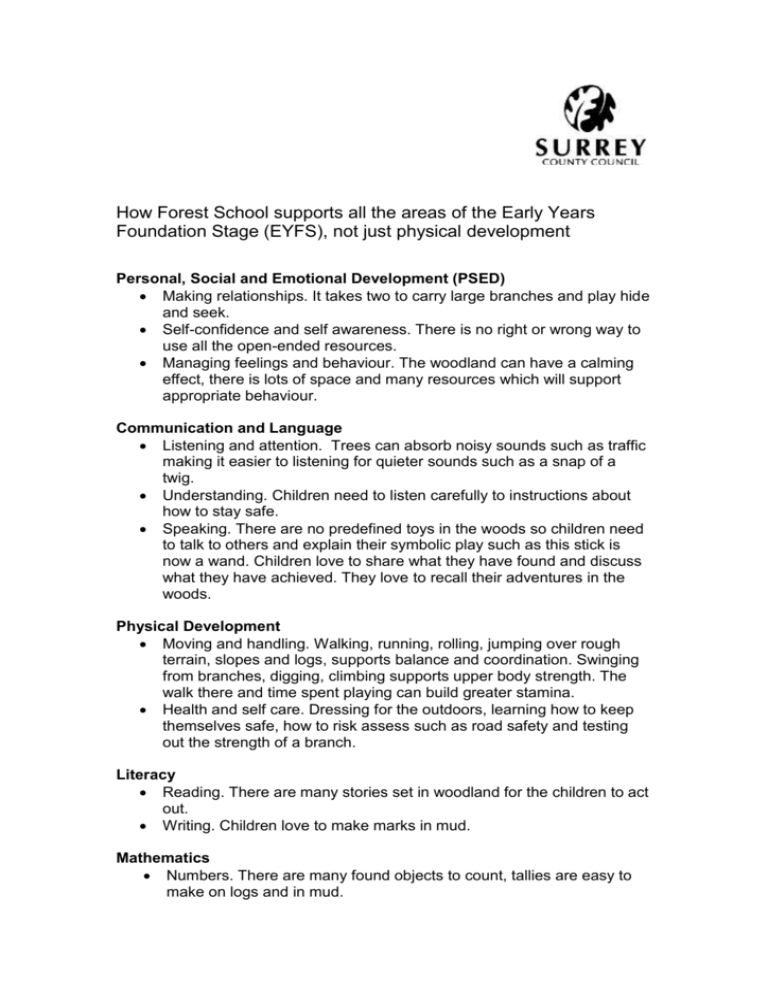
How Forest School supports all the areas of the Early Years Foundation Stage (EYFS), not just physical development Personal, Social and Emotional Development (PSED) Making relationships. It takes two to carry large branches and play hide and seek. Self-confidence and self awareness. There is no right or wrong way to use all the open-ended resources. Managing feelings and behaviour. The woodland can have a calming effect, there is lots of space and many resources which will support appropriate behaviour. Communication and Language Listening and attention. Trees can absorb noisy sounds such as traffic making it easier to listening for quieter sounds such as a snap of a twig. Understanding. Children need to listen carefully to instructions about how to stay safe. Speaking. There are no predefined toys in the woods so children need to talk to others and explain their symbolic play such as this stick is now a wand. Children love to share what they have found and discuss what they have achieved. They love to recall their adventures in the woods. Physical Development Moving and handling. Walking, running, rolling, jumping over rough terrain, slopes and logs, supports balance and coordination. Swinging from branches, digging, climbing supports upper body strength. The walk there and time spent playing can build greater stamina. Health and self care. Dressing for the outdoors, learning how to keep themselves safe, how to risk assess such as road safety and testing out the strength of a branch. Literacy Reading. There are many stories set in woodland for the children to act out. Writing. Children love to make marks in mud. Mathematics Numbers. There are many found objects to count, tallies are easy to make on logs and in mud. Space shape and measure. There are many natural resources to make pattern such as cones, stones, sticks and many reasons to sort found objects. There are many opportunities for conversations about length (sticks) height (climbing) weigh (logs). Understanding the World People and communities. Getting out and about in their local community give children opportunities to get to know and discuss what they like and dislike. It can support map making. The World. Observation skills can be supported out in woodland. Seasons, growing, decay can be observed. There any many new and novel objects to comment on. Care and concern can be modelled to living things, respect for their natural environment can be promoted. Technology. Magnifying glasses can be used to support observations, pulleys can easily be made. Creative Arts and Design Exploring and using media and materials. Mixing natural resources to make mud pies. Using sticks and logs to make musical instruments. Being Imaginative. The resources are all open-ended encouraging children to use their imagination such as logs to make a den, sticks to make a fishing rod. Characteristics of Learning Finding out and exploring, using all their senses. Willing to have a go, lots of opportunities to risk take and risk manage. Keeping trying. Promoting resilience, falling over, getting muddy. Enjoying achieving what they set out to do. There is no right or wrong way to play with the open-ended resources. Having their own ideas. There are no prescribed toys Choosing ways to do things such as problem solving to make a structure.
